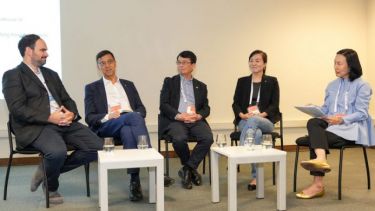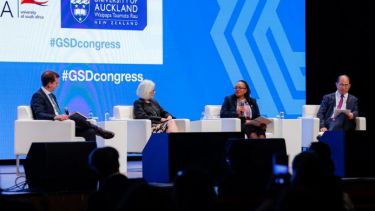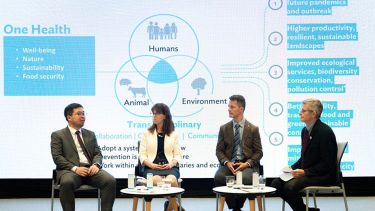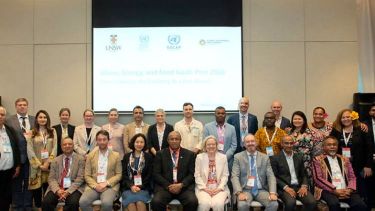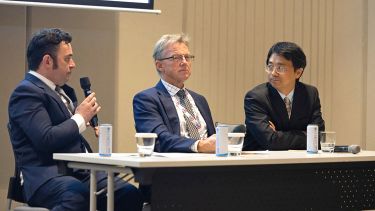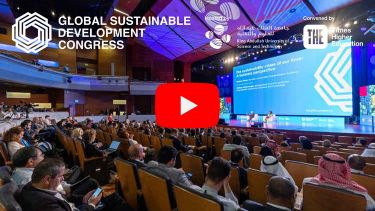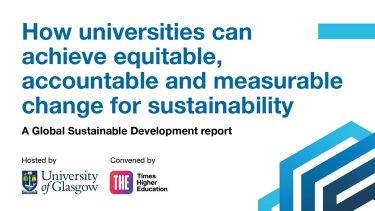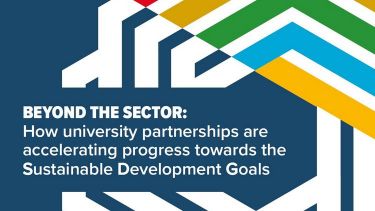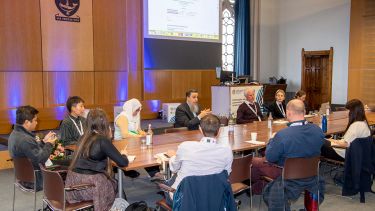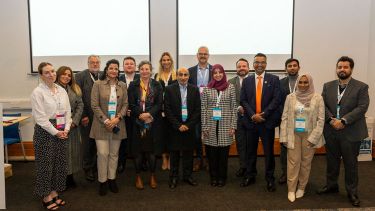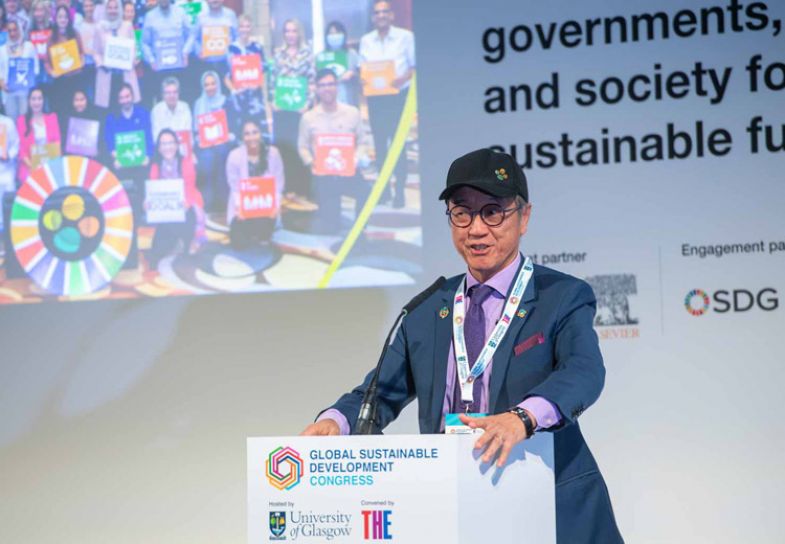
KAUST has committed to the Sustainable Development Goals and is putting them into practice in research, innovation and on campus
“As a university, we have a special role and responsibility,” said Dr Tony Chan, president of King Abdullah University of Science and Technology (KAUST) in Saudi Arabia. Speaking at the Global Sustainable Development Congress 2022, hosted by Times Higher Education in partnership with the University of Glasgow, Dr Chan said: “We’re living in a world which is damaged by climate change and other human impacts, and we’re not doing enough to mitigate those risks.”
The university is mobilising to act on climate change on its campus, in its research and through innovation. “We practise what we preach on the campus,” Chan said. “At KAUST, we have made our own sustainability commitments in terms of greenhouse gases, water conservation” and more.
The university is positioning itself as a sustainability and climate research leader on the global stage. KAUST has a Circular Carbon Initiative, which supports the G20 energy ministers’ Circular Carbon Economy. University researchers are also developing cryogenic carbon-capture technology to remove carbon dioxide from industrial plant emissions, Chan said.
In partnership with Saudi petroleum and natural gas company Aramco, KAUST researchers are working to develop efficient processes to extract hydrogen from ammonia, which could ultimately be used as a clean fuel.
KAUST is also home to the Coral Research and Development Accelerator Platform, which aims to enhance international cooperation on coral reef conservation, protection and restoration. The university, with its location on the coast of the Red Sea, has a geographic advantage when it comes to understanding climate change and extreme environments. The Red Sea, which is the world’s northernmost tropical sea, has rich and unique biodiversity, including coral reefs.
On Shushah Island, the university has embarked on a project to protect, restore and conserve a 100-hectare reefscape, replanting more than 2 million corals by 2028, Chan said.
The university is also working with the Saudi government to drive policy around climate change. Its National Center for Climate Change is the central coordinator bridging climate science in the Middle Eastern region. “This is a big deal for us,” Chan said. The centre will provide the tools and information needed to curb the impacts of climate change.
At the same time, several KAUST start-ups and spin-out companies are making their mark on the world with green technologies and solutions, he said. He pointed to Edama Organic Solutions, which turns waste into enriched soil, and Red Sea Farms, which designs and develops agricultural technologies for harsh desert environments.
In partnership with




